The two lovers in this stirring new film are separated not only by distance but also by circumstances: Russia’s anti-gay laws and mainstream homophobia mean that their relationship is threatened by violence, and now even the constitution.
Russian short film challenges mainstream anti-LGBTQIA+ attitudes by showing ‘love is universal’
We Will Become Better is released exactly one year after Putin’s controversial policies to disallow marriage and adoption for LGBTQIA+ couples – aiming to challenge the 77% of the Russians who supported new rules
Moscow, 30 June 2021 – One year since Vladimir Putin changed the constitution to ban same-sex marriage with an amendment that explicitly defines marriage as between a man and woman, a new Russian short film challenges this notion – and risks falling foul of a Gay Propaganda law passed in 2013. The 2013 law notoriously criminalises representations of LGBTQIA+ community and their relationships, supposedly to protect children from being exposed to homosexuality. It has also encouraged a wave of hate crimes including beatings, rape and torture that continue to this day.
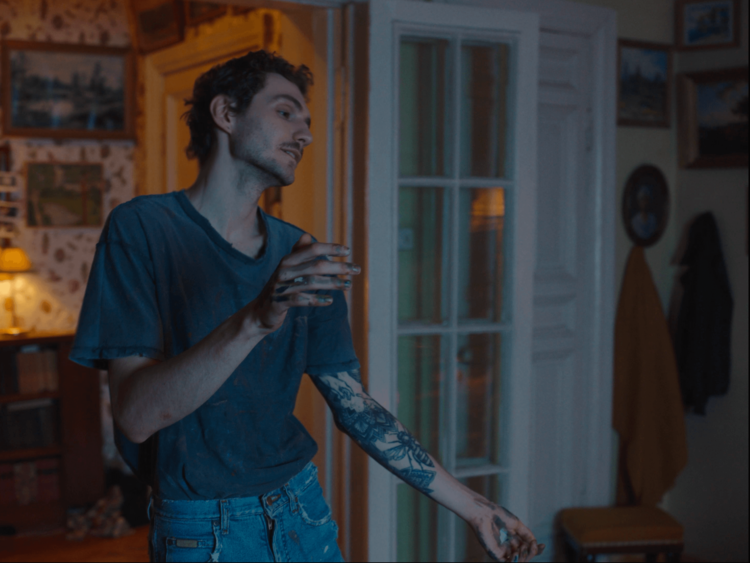
“You can be gay in Russia, but you can’t talk about it openly”
And with 77% of the Russian population supporting the 2020 law, the film’s makers and two performers have taken a huge risk by producing and participating in a film that promotes a simple and clear message, that love is universal. “You can be gay in Russia, but you can’t talk about it openly,” summarises Andzej Gavriss, the Latvian director of ‘We Will Become Better’, and one of the creators facing serious personal danger for being involved.
Homophobia has long been rife across the former Soviet Union, with recent reports showing that many Russians reportedly feel negatively towards the LGBTQIA+ community. With the stakes so high, the creative storytelling behind this bold new project has also had to raise the bar. ‘We Will Become Better’ portrays a love story, but one that is forbidden. The two lovers in this beautifully shot and highly affecting film are separated not only by distance, but also by circumstance. Russia’s laws and rampant mainstream homophobia mean that their relationship is threatened by violence, and since July 4th, 2020, also by the constitution.
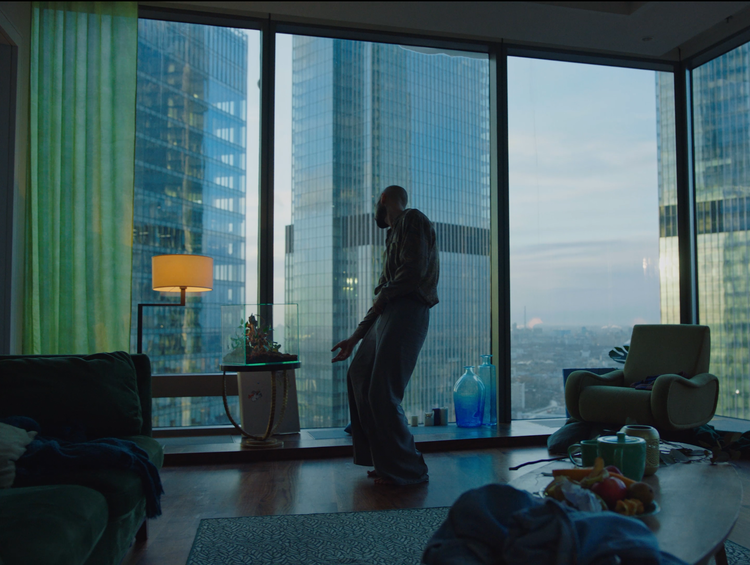
Widespread support for the 2020 law was secured thanks to a host of state-endorsed, anti-gay ads. For Russian writer Evgeny Primachenko, this was the last straw, presenting “the community in an incredibly clichéd, offensive way – in an extremely negative light,” he remembers. One ad showing a gay couple adopting a child resorts to a level of offensive cliché that is almost comical from an outsider’s perspective, with a flamboyantly camp ‘mother’ trying to dress a cowering orphan in a glittery dress. “This is what will happen if you don’t vote for the constitution change,” the advert threatens. Another ad for ice cream promises that the product will “turn you straight”.
So, exactly one year on from the constitutional change, the film is being released in order to challenge these offensive, narrow portrayals of same-sex relationships. Director Andzej Gavriss was similarly galvanised by this government-endorsed demonisation, and continues to rail against such misinformation through words and actions. Expertly and sensitively performed, directed, production designed, styled and edited, the 6-minute film revolves around two dancers, physically separated but, using split-screen imagery, seeming to collide and interact, painting the ups and downs of their relationship.
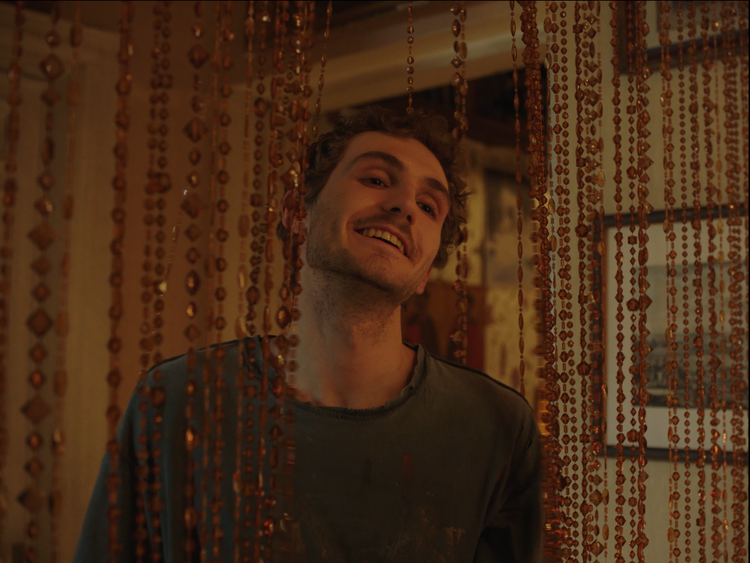
The movements by the two protagonists, Nikita Orlov and Maxim Avdeev, powerfully trace the pushes and pulls of love’s usual trials – made much more difficult when Orlov’s character also fears coming out, and consequently facing hostility beyond the walls of their distant apartments in Moscow. “These are two people that love each other and want to be together, but forbid themselves because of societal judgment, because of certain walls that are created around that relationship, and so unfortunately it cannot happen,” explains writer Primachenko.
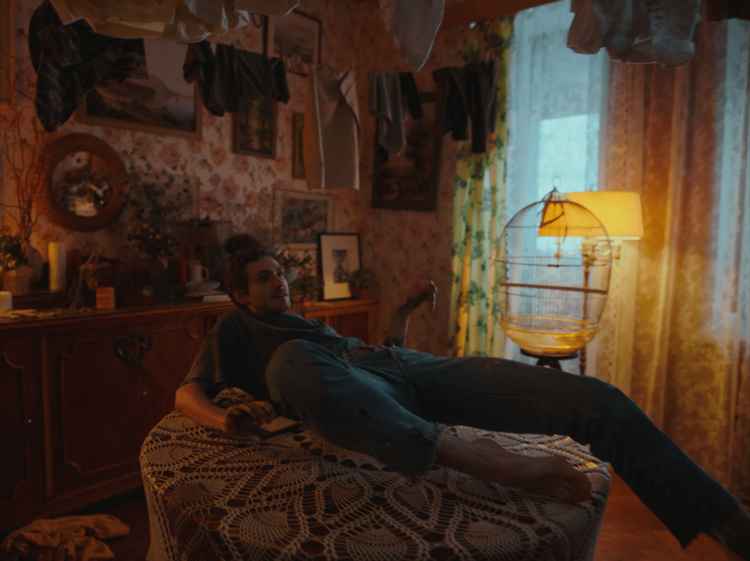
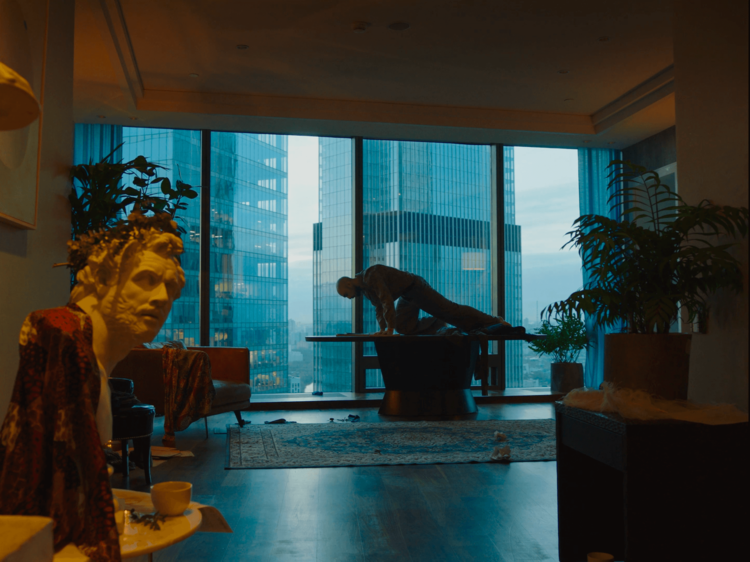
Ultimately, all involved hope to make a difference with this film – but their aims are modest. “Step by step, little by little, we introduce the characters and their backstories, and hopefully by the end the audience feels for the couple. And if they feel for the couple, hopefully they can change their minds.” On this, Gavriss – like the film itself – is both cautiously hopeful and pragmatic: “You can’t change the world just like that. You have to go one step at a time.”
Primachenko is less reserved in his optimism: “I am 100% confident that things are going to get better.” And dancer Nikita Orlov, 24, agrees: “Right now I feel like people in the post-Soviet world are changing, becoming different. I think it’s not really about the constitution or older people in the country. It’s about people who are growing up right now. They have their own vision.”
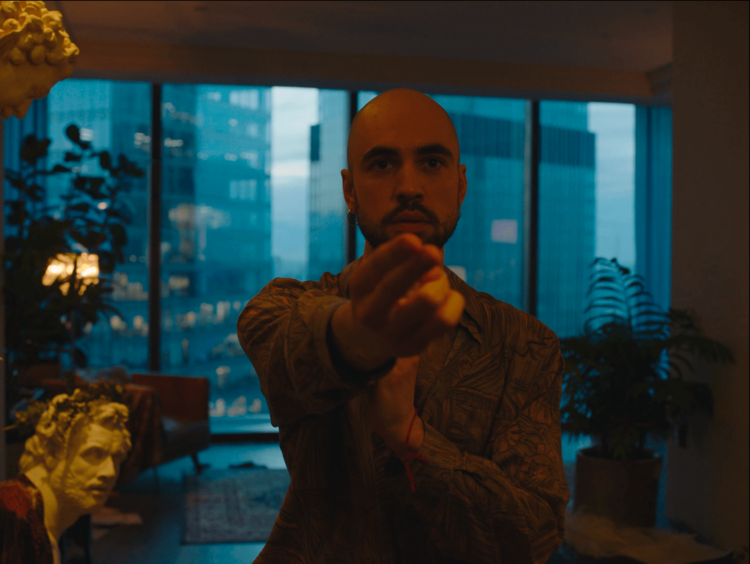
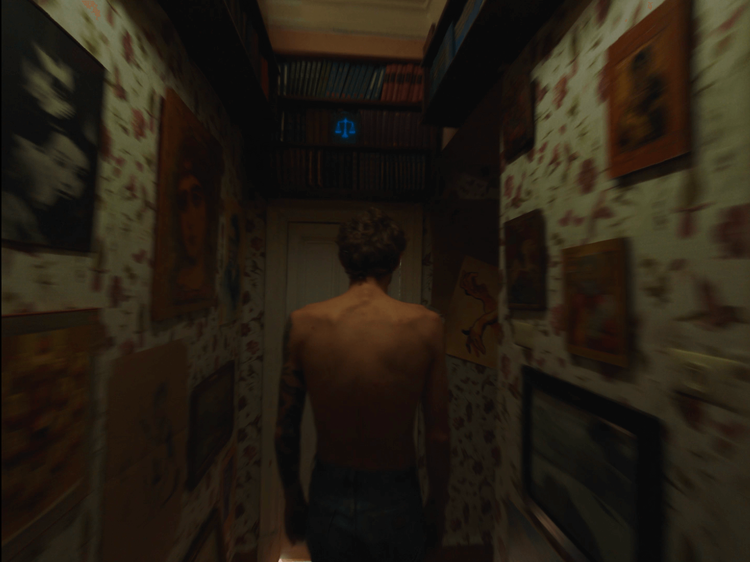
And ultimately, that is who this film is for, and on the topic of changing generations, Primachenko is hopeful. “If history teaches us anything about this subject, it’s that equality always wins. Tolerance always wins.”
‘We Will Become Better’ is released on YouTube in Russia in the run up to July 4th which marks the one-year anniversary of the controversial constitutional change. The film ends with a link to LGBTNET.ORG – an organisation which is an advocate for respect and tolerance towards the gay community in Russia.




